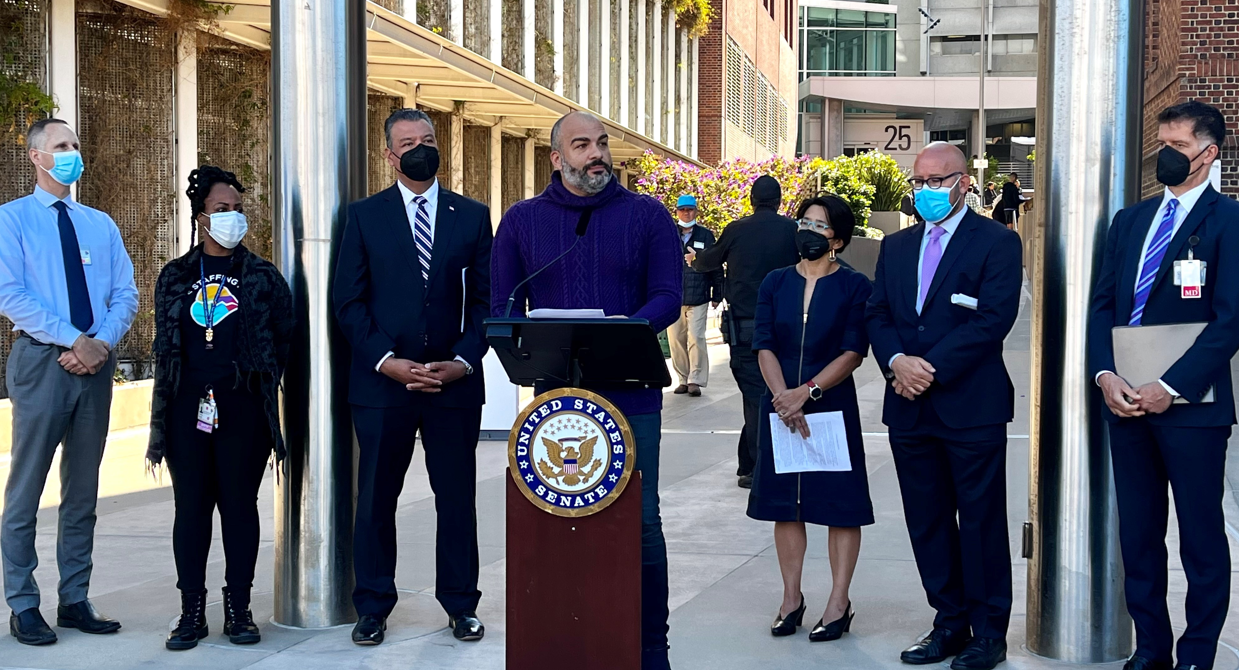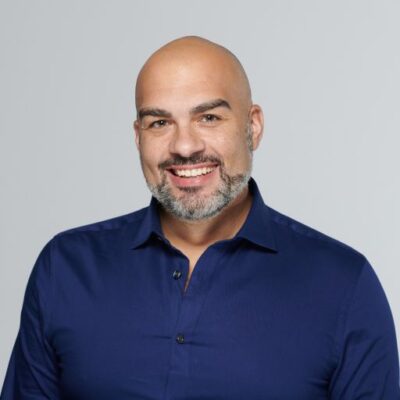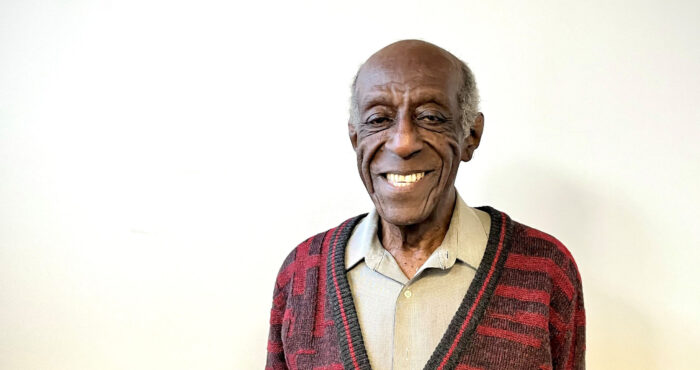Reflections on the first 100 days of the 2022 MPX outbreak

On May 18 of this year, over 3 months ago, the first single reported case of our current of MPX outbreak was reported in the United States. That state agency reported the case to the Centers for Disease Control and it was conveyed to the world that, “the case posed NO risk to the public and that the impacted individual had been hospitalized and was in good condition.”
However, in the weeks that followed, our nation began seeing the spread of MPX. In that moment, a critical window of opportunity opened.
You see, unlike other newly emerging public health crises in our country, we had a baseline. The U.S. and other countries throughout the world had experienced previous outbreaks of MPX. We had the knowledge of how MPX could evolve from a single hospitalized case, to a widespread outbreak and onward to being endemic in a country. But not only that, we had knowledge of and access to a vaccine and a pathway for the testing and treatment of MPX.
The following week, there was national news coverage of an unprecedented outbreak of MPX among cis and transgender men and non-binary folx with similar social and sexual networks being linked to multiple LGBTQ+ parties in Europe. Until this timeline, MPX had not previously triggered widespread outbreaks beyond Africa.
As we entered June, broadly recognized as our month of LGTBQ+ pride celebrations across the U.S., the writing was on the wall. We had the emerging data from other countries, we had the public health knowledge and expertise – what we did NOT have was swift action or bold federal public health leadership.
That imminent window of opportunity to prevent the widespread of MPX began closing. Our community was once again left alone and forced to Act Up and Fight for the resources that we so desperately need in a moment of public health crises.
This unacceptable moment in our history was preventable. It took 78 days between that first reported case of MPX in our country and a decision to declare a federal public health emergency. 78 days in which our community was experiencing extreme distress, anxiety, and pain.
Today marks the 100th day since the first reported case of MPX in the current U.S. outbreak. In that time, we have seen nearly 16,000 cases of MPX across our country of which more than 3,000 have been here in California.
San Francisco AIDS Foundation’s (SFAF) sexual health clinic Magnet, located in the Castro, continues to average more than 10,000 eligible people on our waitlist for a first dose of the vaccine with no clear indication from week to week of when our next allotment is coming. These inadequate and inconsistently-timed allotments make it nearly impossible for operational planning and create unnecessary and harmful barriers to implementing an effective yet crucial equity-based strategy for testing, vaccination, and treatment of MPX.
San Francisco, California and our nation continue to experience vaccine shortages, even with the new intradermal dosing strategy – which SFAF fully supports as an added tool to get more shots in the arms of those that need them – but also, we continue to feel the need to acknowledge that this strategy comes with very real workforce training and equity challenges.
SFAF continues to champion equity in our response. We know that Black and Brown communities are disproportionately being impacted by MPX across the country and right here in San Francisco. As we continue to lift up language justice in our quest for health justice for all, the majority of our testing, vaccine doses and treatment are going to BIPOC communities.
Through the creation and roll out SFAF’s MPX hotline, we continue to hear from hundreds of community members every day who are fearful, and who are anxiously seeking second doses. This is something we are committed to offering, but can only implement when sufficient supplies are available. In the meantime, and in the absence of a robust biomedical response (vaccine), we are providing our community with information, resources and referrals, and the sex positive risk reduction tips and advice they need to stay safer during this time.
And finally, it’s important that I acknowledge the resilience of LGBTQ+ people in this moment. Every day we are hearing very powerful and painful stories of the impact of MPX on the lives of our community. People who are recovering and will feel the lasting impact of this experience for years to come. Beyond the physical scars that may remain in their lives, many have been impacted by stigma and are experiencing the social impacts of isolation on their physical, emotional, and mental health. Others have seen their stability shaken by isolation and its impact on the security of their jobs, livelihood and a roof over the head.
What we need in this moment, now more than ever, is to stop hearing that public health conversations are happening on how to effectively provide the vital resources for a more federal response to MPX.
Instead…
We Need Action – We Need Vaccine – And We Need to Cut Through all Remaining Bureaucratic Red Tape that continues to bring harm to our communities.










